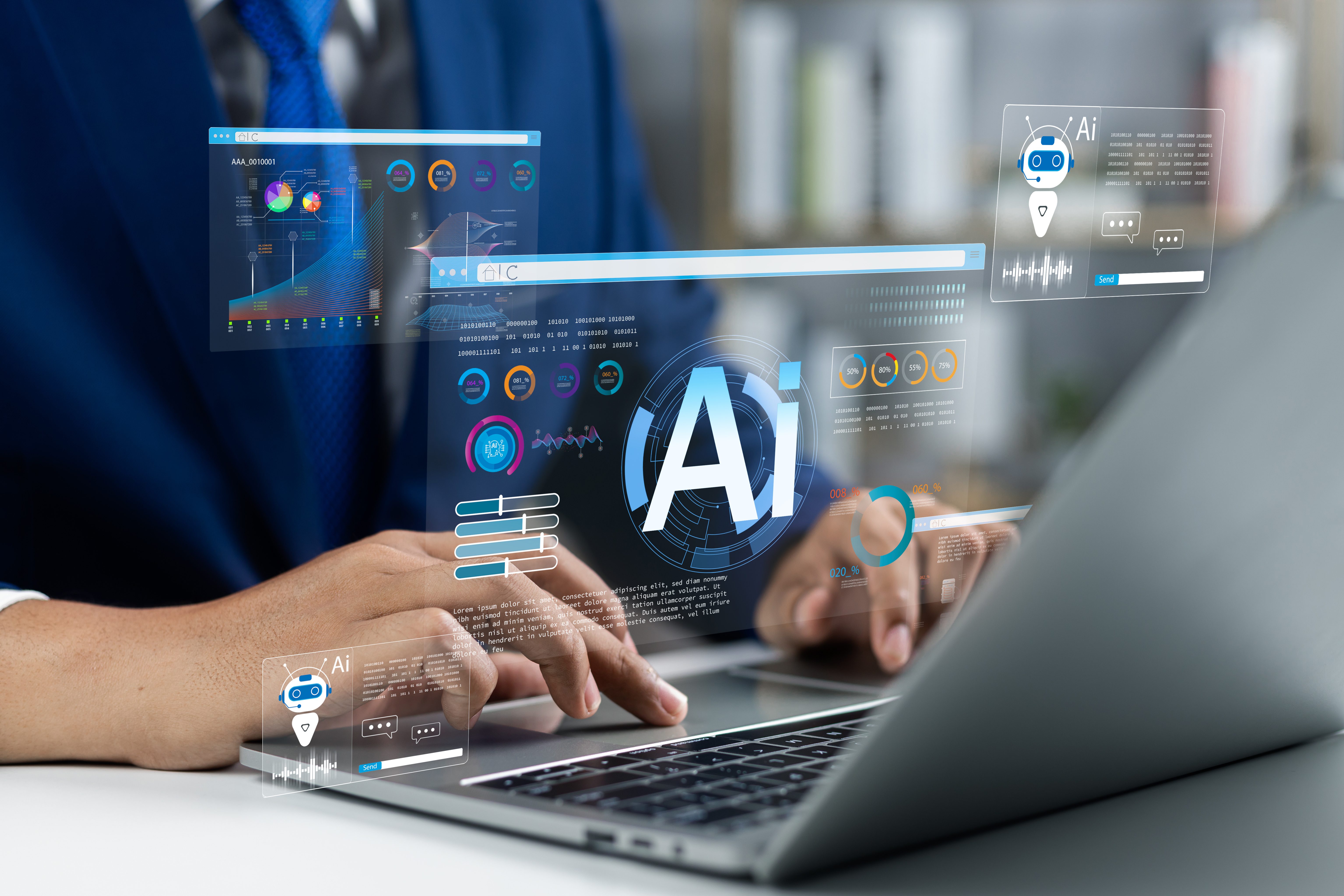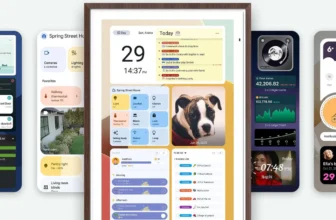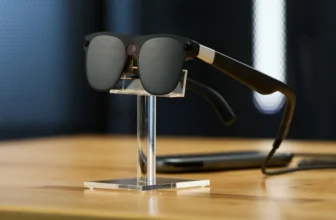
Despite widespread tech layoffs, if you’re a software developer, you’re probably aware that you’re doing okay. There’s no need to hunt for a new role––unless you want to, of course.
That’s because software devs are in high demand. Driven by the continued expansion of software development for AI, Internet of Things (IoT), robotics and automation applications as well as the increasing need for data analysis and cybersecurity applications, the future looks bright for those in the field.
The Bureau of Labor Statistics (BLS) says that overall employment of software developers, quality assurance analysts, and testers is projected to grow 25% to 2032, and around 153,900 openings for software developers, quality assurance analysts, and testers are projected each year, on average, over the decade.
3 tech roles to discover this week
- Manager, AI Advocacy, IBM, New York, ($205,000-$309,000)
- Senior AI Engineer, Blackstone Technology Group, Belmont ($200,000-$230,000)
- Software Architect, Salesforce, San Francisco ($151,800-$341,900)
Bolstering this is job search site Indeed, which has found that there has been a 15.7% increase in the number of AI-related postings on its platform.
But there may be a cloud on the horizon. NVIDIA CEO Jensen Huang says the future of software development is a democratic space where anyone can code.
His idea is that “For the very first time you can imagine everybody in your company being a technologist.”
“It is our job to create computing technology such that nobody has to program, and that the programming language is human, everybody in the world is now a programmer,” Huang said at the World Government Summit in Dubai.
If that sounds fanciful, then consider that according to research from Forrester, 87% of enterprise developers are already using low-code development platforms for at least some of their work.
It estimates that the combined low-code and digital process automation (DPA) market reached $13.2 billion by the end of last year. This market has grown at roughly 21% since 2019 thanks to the institutionalization of low-code in IT, Forrester says.
More research from Gartner backs this up, finding that most professional software engineers will be using AI assistants by 2028. By that time, the company expects three out of four developers to be using AI assistants regularly to do their work.
So are software devs looking at a future where their roles will be replaced? The answer is most likely no, and that’s because of AI’s limitations in comprehending context and understanding emotions and ethics – all those things humans do so well.
While it is likely to have applications as an assistant, it isn’t going to be a useful replacement for complex problem-solving tasks, or at least not any time soon.
Another factor to consider is that most developers don’t spend a lot of their time writing code. Instead, according to one study, they tend to spend more time maintaining, testing and securing existing code than they do writing or improving code.
2024’s outlook
When it comes to the state of play in 2024, fewer than 10% of software devs were using AI assistants in early 2023, but towards the end of last year, 63% of organizations were piloting or deploying them.
One of those tools is Copilot, an AI pair programmer tool created by Github. It uses OpenAI’s largest and latest language models, GPT 3.5 and GPT 4, with research finding that it can improve perceived productivity by 88%, make coding less frustrating (59%), and allow software pros to focus on more satisfying elements of the job (74%).
The technology also increases efficiency: 88% said they experienced faster completion, 96% were faster with repetitive tasks, and 87% reported that using Copilot facilitated using less mental effort on repetitive tasks.
3 software jobs this week
Software developers are already aware of the need to keep up, as new languages launch and come to prominence. They frequently seek to future-proof their career prospects by constantly adapting and improving their fluency in multiple programming languages.
To this end, AI could be a gift, helping developers to save time, and then use it to learn even more languages and frameworks. This will expand, rather than limit their knowledge of programming languages, which is good news for job-seeking developers.
There are also new skills to learn for AI-assisted development. Prompt engineering, for example, which can benefit a developer’s broader communication skills.
And Forrester suggests yet another scenario. “AI-infused development platforms (TuringBots) could make traditional high-coding so productive that professional developers reject low-code and switch back to high-coding everything.”
Looking for your next opportunity? Head to the nextpit Job Board today






